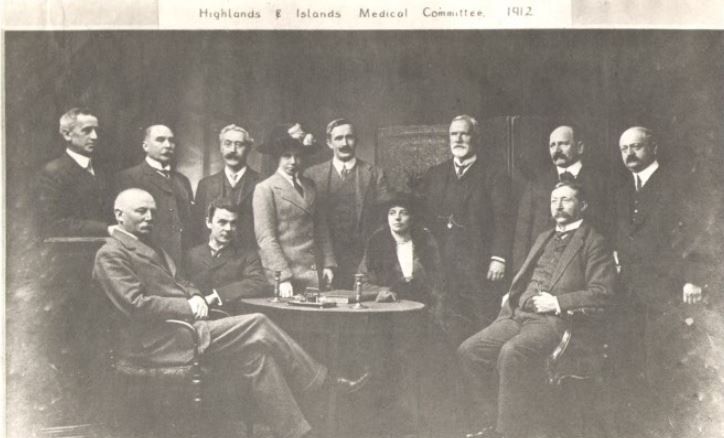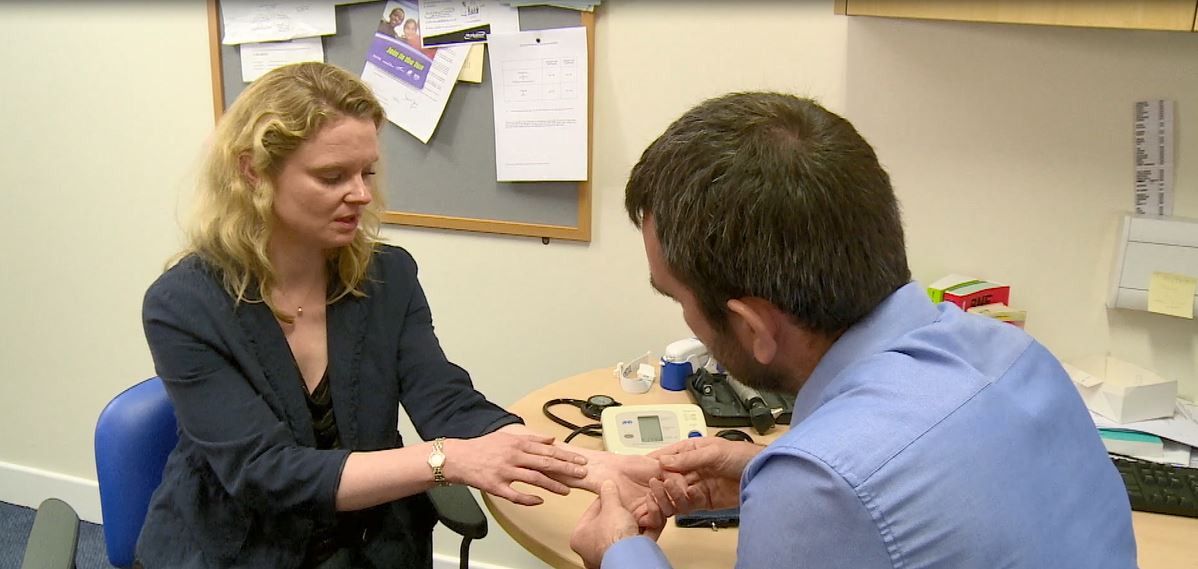Healthcare has long been a priority for Scotland, which is probably why we’ve pioneered so many incredible medical innovations that continue to improve people’s health and save lives to this day.
The National Health Service in Scotland (NHS Scotland) has been operating for more than 70 years, but the origins of an inclusive health service here stretch back more than a century. Way back in 1913, the Highlands and Islands Medical Service provided free treatment to a population covering more than half of Scotland’s landmass.

This far reaching service provided doctor, nurse and midwifery services to previously under-serviced and hard to reach parts of Scotland’s remote countryside. This revolutionary service stayed in place throughout both World Wars before it was replaced by the NHS.
Since then, Scotland’s healthcare system has continued to pioneer across many different areas of public health
- 1958 – A team in Glasgow produced the first practical ultrasound machines, which carried no radiation risks, and provided safe, easy to use and affordable devices for hospitals around the world
- 1959 – The University of Edinburgh created the UK’s first Nursing Studies unit, establishing the university as a world-leader in nursing education and research
- 1968 – Edinburgh’s Western General Hospital created the world’s first-ever custom built organ transplantation centre
- 1974 – Scotland established free contraceptive advice and services to all citizens, regardless of age or status
- 1980 – The world’s first clinical service for MRI was launched at Aberdeen Royal Infirmary
- 2006 – Scotland was one of the first countries in the world to introduce a full smoking ban in all public enclosed spaces
- 2011 – Scotland became the only country in the UK to scrap prescription fees, meaning you no longer have to pay for medicines prescribed by a doctor

Your Healthcare
The NHS in Scotland is managed by the Scottish Government and the majority of NHS Scotland provision is paid for through taxation. This means that, if you are employed or self-employed in Scotland you are entitled to free healthcare from the NHS – as well as your spouse and your immediate family.
Find out more about your eligibility on Talentscotland.com
Students on a full-time course receive the same free care as employed or self-employed migrants in Scotland. If you are studying part-time you could also be eligible for free NHS treatment.
Private healthcare is also available throughout Scotland and is usually paid for through a private healthcare insurance scheme or individuals.
NHS Scotland will always provide free accident and emergency treatment.
Find out more about the care available to you at nhsinform.scot
Local doctors
If you are living in Scotland, you will need to register with a local Scottish General Practitioner (GP). For students, the university will normally provide the name of a suitable GP in the area or on campus. It is free to register, and nearly all the treatment will be free of charge.
24 hour care
If you are ill outside of normal GP opening times, or have a medical query that is non-urgent - you can contact NHS 24 by phone on 111. They provide 24-hour telecare and can put you in touch with the relevant health services you need.
Working for the NHS
NHS Scotland is the single biggest employer in the country, employing people in over 70 professions. Applications are welcome from professionally qualified healthcare staff, particularly from those based outside the UK.